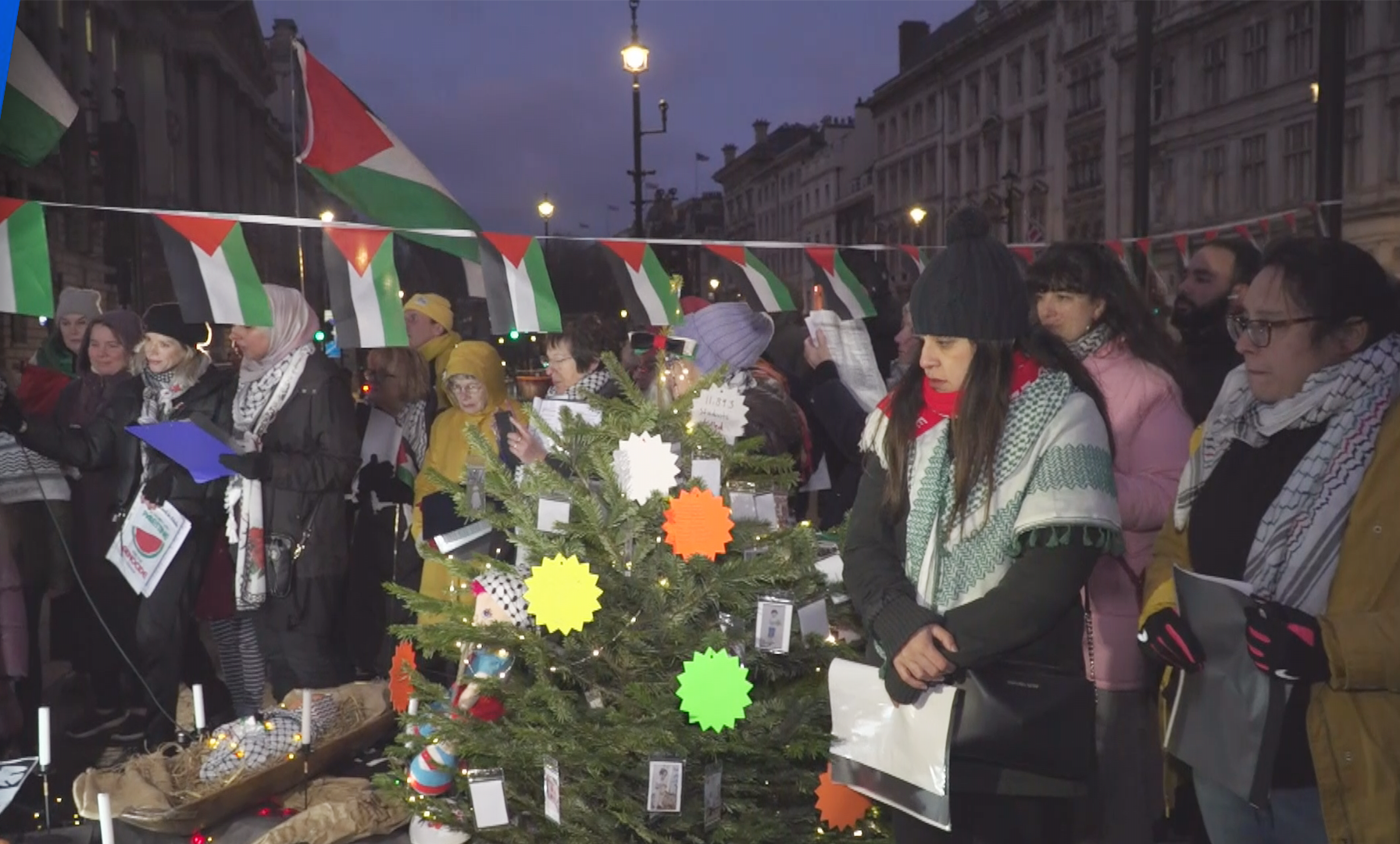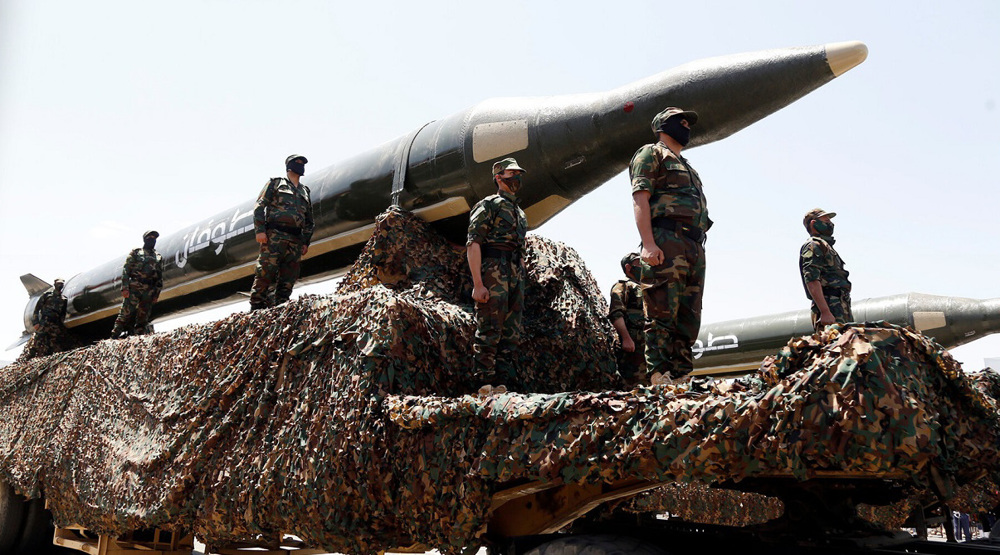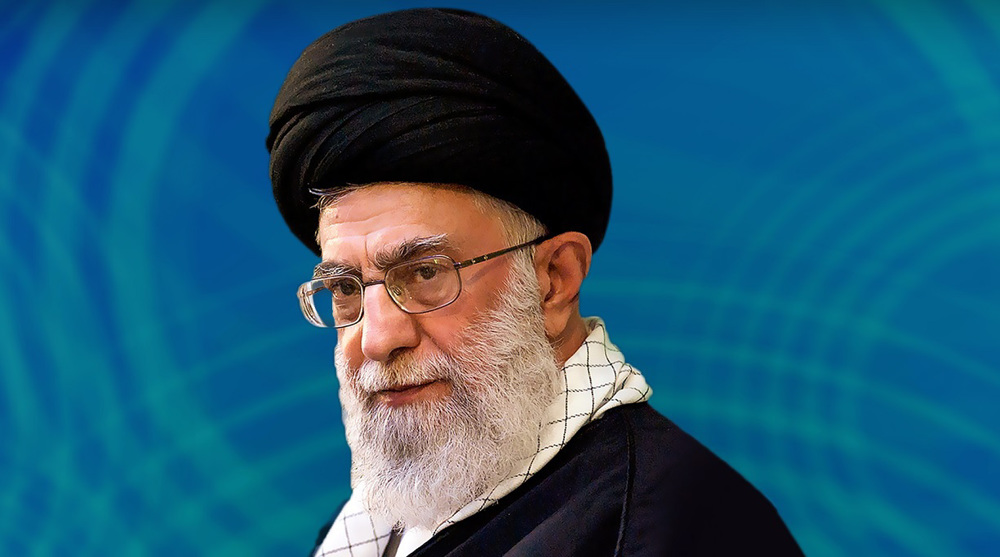South Koreans hold Liberation Day rallies amid trade row with Japan
Jennifer Chang
Press TV, Seoul
Some 2,000 South Korean and Japanese citizens including civic group members from both countries gathered in central Seoul for a huge rally at Seoul Plaza followed by a march to Japan’s Embassy. On the Liberation Day holiday marking Korea’s independence from Japan’s 35-year occupation at the end of World War II, they denounced export curbs imposed on South Korea early last month by Japanese Prime Minister Shinzo Abe.
The curbs are widely seen as Japan’s economic revenge for a South Korean court decision last year ordering two Japanese firms to pay compensation to South Koreans forced by Japan to work as laborers for the firms during World War II. Tokyo says it already compensated them through a 1965 treaty with Seoul.
Afterwards, many of the participants joined a nearby afternoon rally in Gwanghwamun Square by members of the Korean Confederation of Trade Unions which drew about 5,000 people who demanded justice for all of Japan’s South Korean wartime forced labor and urged South Koreans. They also chanted slogans to boycott Japanese goods and travels to Japan since Tokyo launched the export curbs.
The anti-Abe Liberation Day protests continued in the evening with a massive candlelight vigil where demonstrators called for Seoul to cancel a military information-sharing pact which was signed between the two countries in 2016.
Experts are voicing alarm over Seoul and Tokyo’s escalating trade war. They warn until the dispute is resolved, the South Korea-Japan trade crisis will continue to disrupt big tech companies’ global supply chain.
Occupation of Syria’s highest peak Mount Hermon part of ‘Greater Israel’ project
Iran: Syrian people will decide their future without foreign interference
IRGC says Iran’s power exceeds borders, warns enemies to adjust themselves
Dozens detained, several wounded in Israeli raids in West Bank
‘Ethnic cleansing’: Hamas blasts Israeli attacks on Gaza hospital amid intl. silence
Saudi delegation meets HTS leader at presidential palace in Damascus
Relentless Israeli ceasefire violations justify need for self-defense: Lebanese MP
Tel Aviv tells Damascus Israeli forces will remain in occupied territory: Report









 This makes it easy to access the Press TV website
This makes it easy to access the Press TV website